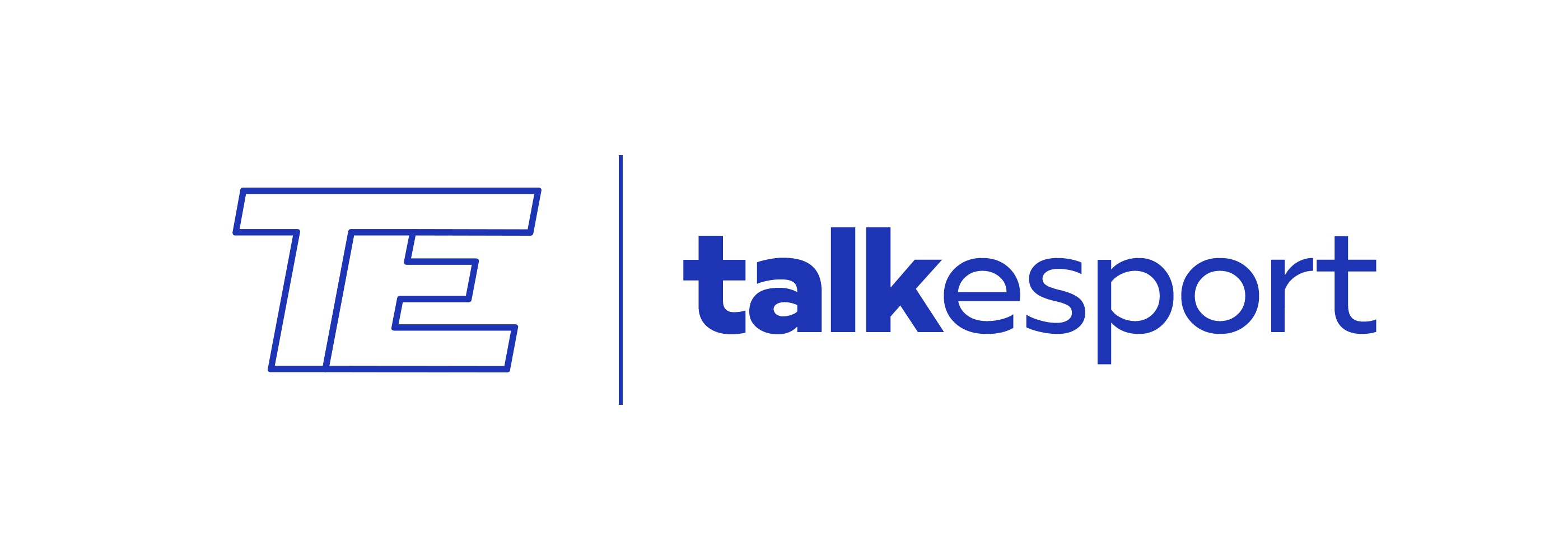As the virus grips the world and halts every form of entertainment exercises, Esports has gathered pace. We see an ‘Esports is going mainstream’ writeup every few months. However, this could be stated as the ideal and opportune time for people to say that. As more and more eyeballs are drawn to Esports, CSGO, despite the arrival of its so-called killer ‘Valorant’, has thrived more than ever, breaking records with each passing week.
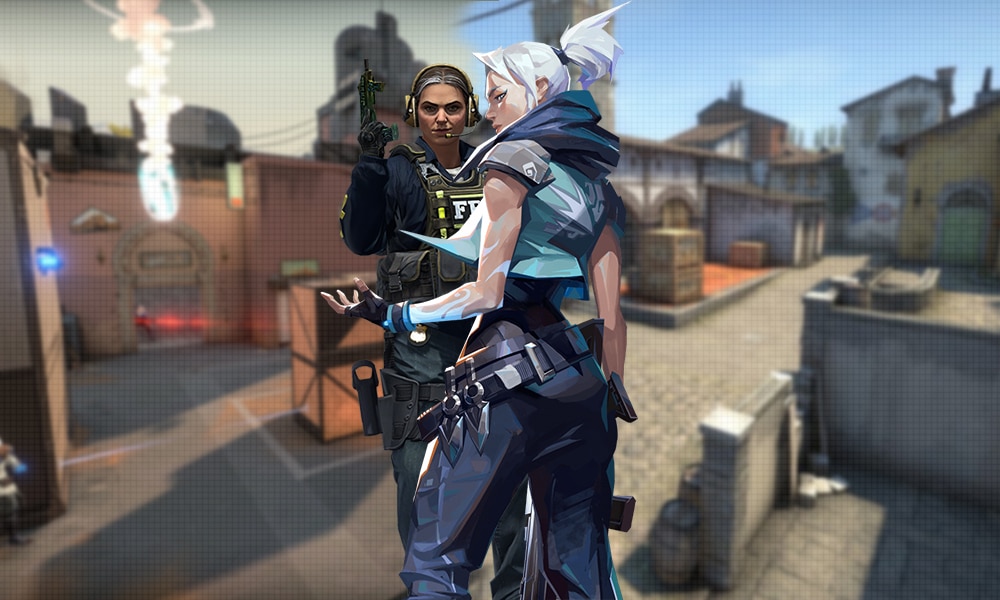
There have been some interesting developments in the CSGO scene, which has shown it has the ability to adapt to the changing world conditions, with the changes brought in to permeate Qualifiers for the ESL One Rio Major, which has already been pushed back. Several tournaments are being played out online whereas others like DreamHack have announced similar plans for their circuit events.
One that caught everyone’s eye was Astralis and their decision to build a six-man roster, bringing in Patrick ‘es3tag’ Hansen from FunPlus Phoenix, something which caused a whirlwind of its own. While es3tag is yet to join Astralis and is waiting for his Heroic contract to expire.
Astralis CEO Nikolaj Nyholm provided an intriguing take on the entire move. Nikolaj went on to state that the transition into a six-man roster was taken to optimize the working conditions of all players and staff involved in the process and that it is no different to Traditional Sports. Let’s explore this avenue first.
Traditional Sports and Esports – The Parallels and The Need for Roster Depth
It has always been tough for traditional sports to gulp and accept the fact that Esports is beginning to get on the same level, if not transcend their disciplines. But, with time and growing popularity, we have seen countless examples of Sports personalities and organizations venture into Esports, with many citing it as the future of Entertainment.
Traditional Sports become more and more acceptable of the co-existence and prominence of Esports, perhaps it is time for us to reciprocate. Often, new ideas are shunned just by claiming it to be a Traditional Sports idea and one that is just not viable in the said area.
In the case of a six-man roster, we can draw parallels of multiple sports disciplines that do the same and go beyond. Basketball has more substitutes and reserves than the actual number of players on the court. Football may allow between 5-7 substitutes but teams always have more players in their squad to accommodate injuries, unavailabilities, and more.
One of the major causes of the same is that Sports disciplines are not just about development anymore but about results. So, teams cannot afford a simple development team but do that in their own time and space while having a competitive squad to achieve desired results. Players are rotated based on fatigue, form, and training impressions; things that could all be found in Esports and CSGO.
Forfeits are a thing in every competitive discipline and is a thing frowned upon in Traditional Sports. With Esports now rising, the organisations also need to show their commitment to providing a game to their fans, regardless of the circumstances one or more of their players might be unavailable due to varied reasons.
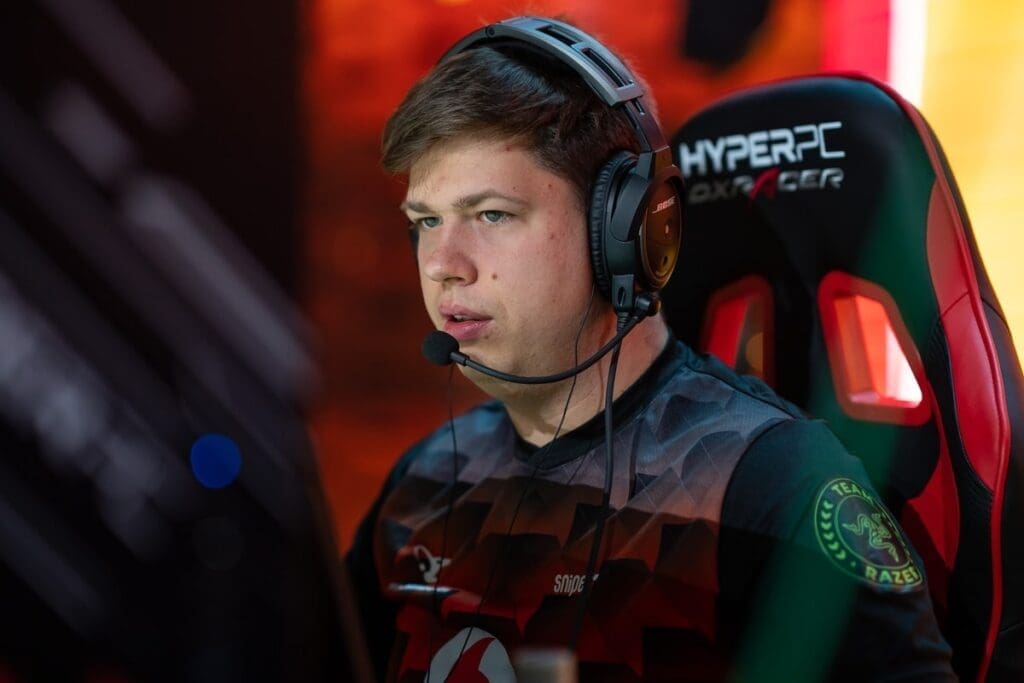
A famous example could be mousesports playing with their coach Allan ‘Rejin’ Petersen in the Grand Finals at cs_summit 5 because their IGL Finn ‘karrigan’ Andersen had to rush to resolve visa issues for another event. While they did end up winning, there have been cases where teams had to play with their coach at the Major for one reason or another. Ninjas in Pyjamas did so and Space Soldiers had a nightmare of a run due to the same. These are instances that could be avoided with the introduction of roster depth in CSGO.
The need for a fanbase has always been critical in Traditional Sports but is slowly gaining importance in Esports. There are two ways to gain a considerable fan following for a team – Heritage and Results. There are organisations that are already established in the Esports scene and hence, come with a pre-existing fanbase when they enter another Esports discipline. FAZE Clan and Evil Geniuses are examples of the former in CSGO while clans like FURIA and CR4ZY are fresh organizations that could be cited as embodiments of the latter.
Take a Leaf from The Books of League
Now, people may have their concerns about inducting Traditional Sports behavioral rules into Esports and CSGO, particularly. But, League of Legends is a living example that an esport can elevate its quality with the introduction of substitutes and reserves.
A normal team in LCS (League Championship Series) has to have a minimum of 10 players on their team while the organisation is allowed to register six to seven players in the Playoffs for major events and League of Legends World Championship.
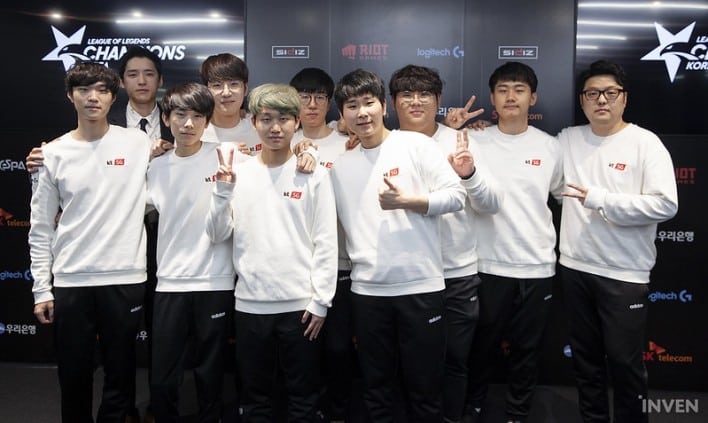
In fact, we saw it almost pay off for Legendary organisation SK Telecom T1 during their semi-final bout with Team G2 at the LoL WC in 2019. Facing elimination at 1-2 in a Best of 5 against G2, SK Telecom T1 decided to bring in veteran Cho ‘Mata’ Se-hyeong for Lee ‘Effort’ Sang-ho after his underwhelming performance in Game 3. While G2 won Game 4, Mata’s introduction lifted SKT T1 and almost pushed the series into a Game 5.
Nobody is advocating for a 10-player rule in CSGO. But, with events coming thick and fast, players have been complaining of fatigue a lot in the recent past. Astralis had opted to skip a lot of events before and after their Major wins to avoid the prospect of player burnout.
Anyone who saw or heard of the match between SKT T1 and Team G2 must be aware of the suspense the introduction of a new player creates in a series and how the teams adapt to it both tactically and individually.
At one point of time, International teams were looked upon with a frown. But, the likes of FAZE Clan and mousesports have become riders of the proof that it is a formula that works.
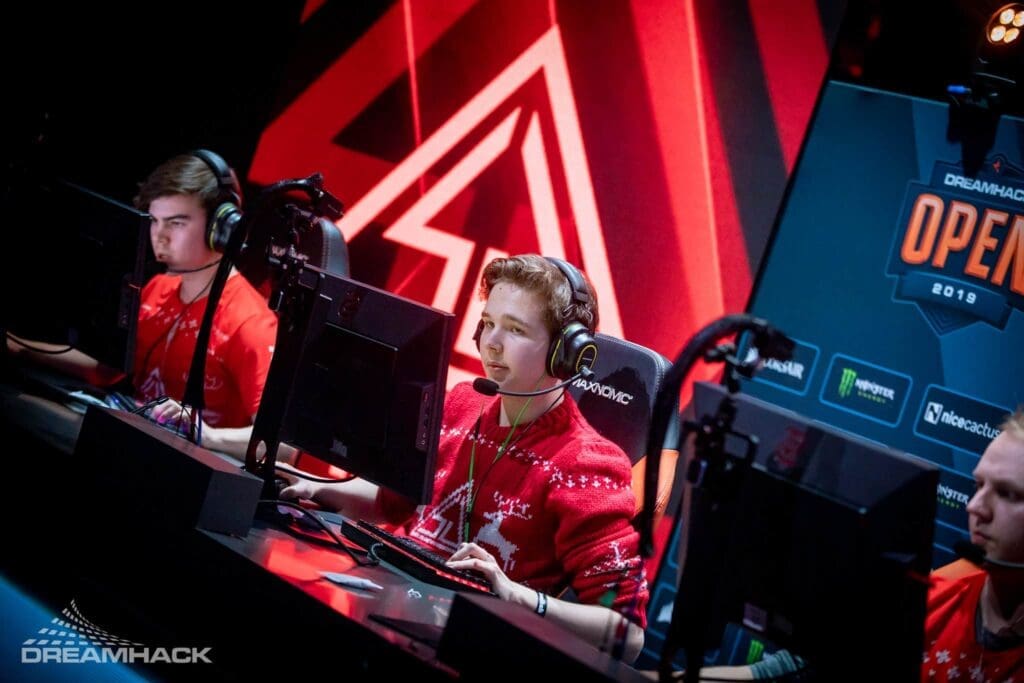
ENCE have followed the Astralis route and added Elias ‘Jamppi’ Oikkonen to their roster. But, the difference in their move pertains to the fact that Jamppi is currently banned from Valve events as a result of him being connected with an account that has a VAC Ban. While the young Finn is set to contest his ineligibility to participate in Valve events in court, ENCE will still have a relative handicap, which makes it tough for people to judge the success of the Six-Man Roster experiment.
Whether the six-man roster becomes a thing in the not-so-distant future in the CSGO scene will rely truly and heavily on how Astralis performs after the incubation period. Astralis established their own meta in CSGO not too long ago and it wouldn’t really be a surprise if they have found another winning concoction.
But, just like other out-there experiments in the ever-morphing CSGO world, this is one that will be adopted by many teams in the coming year or two and its popularity will ultimately be decided by the success of the ones who adopt it properly.

